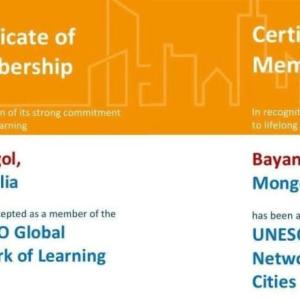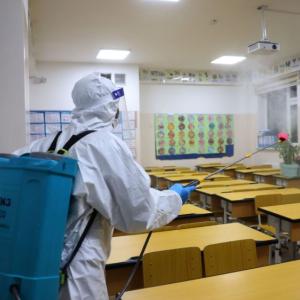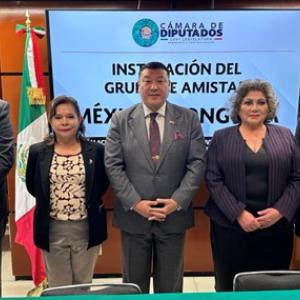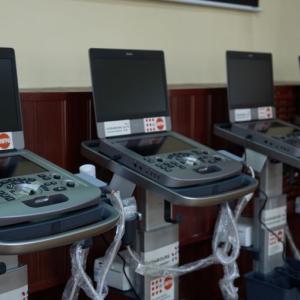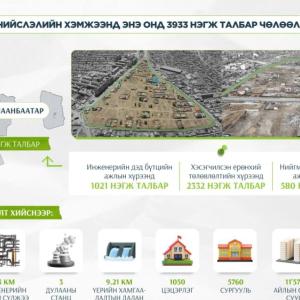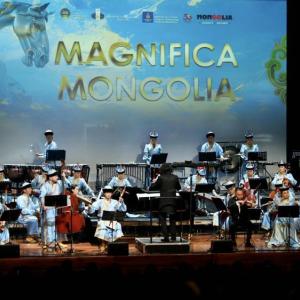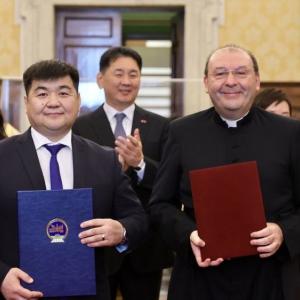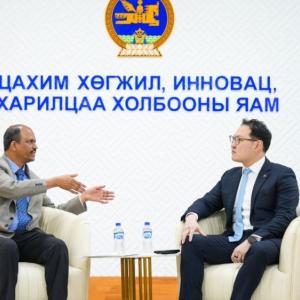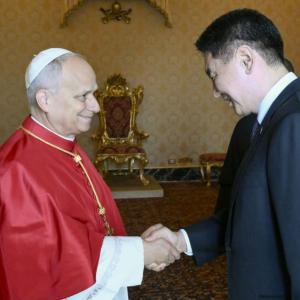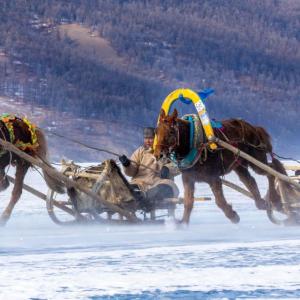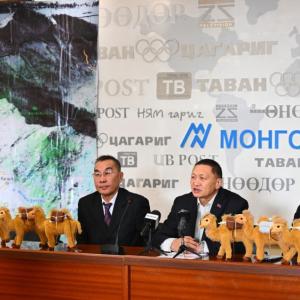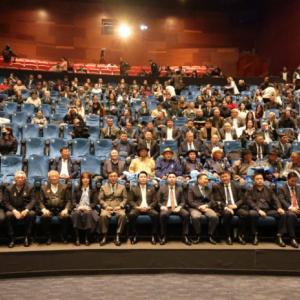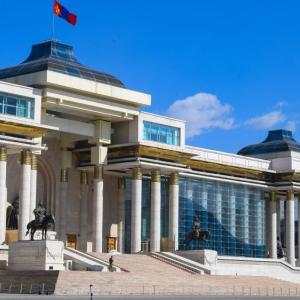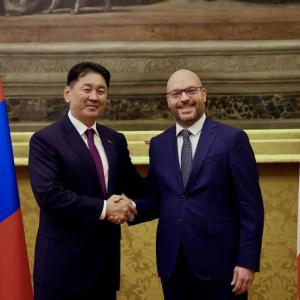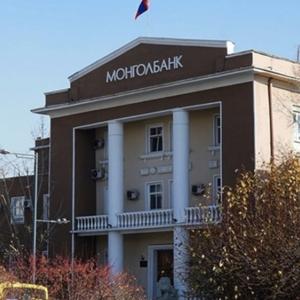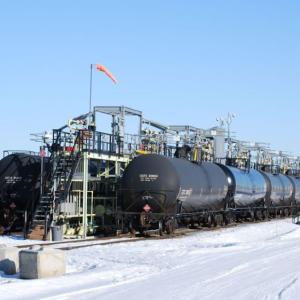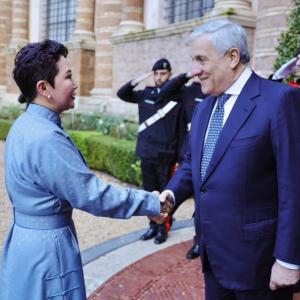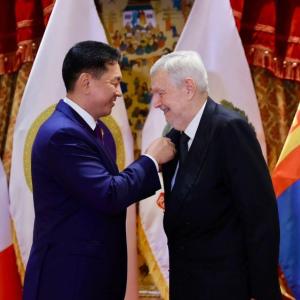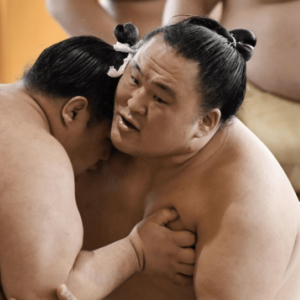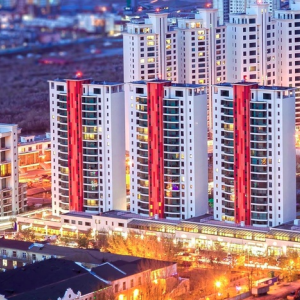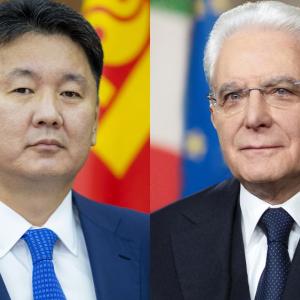State Commission on Rehabilitation Focusing on Educating Next Generation About Repression
Politics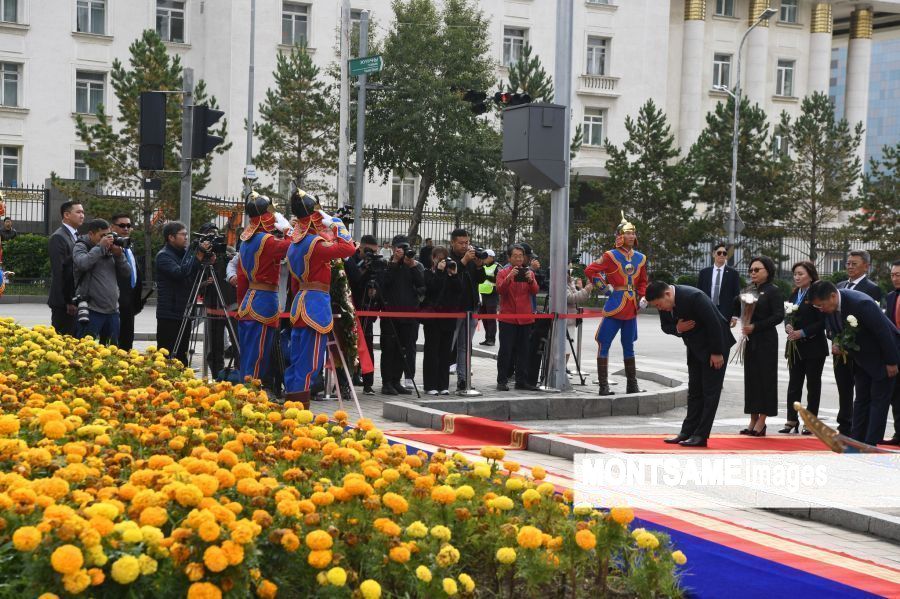
Ulaanbaatar, September 11, 2023 /MONTSAME/. Mongolia marked the Day of Tribute to the Victims of the Political Repression on September 10, 2023 for the 28th year. On this day, the Prime Minister of Mongolia Oyun-Erdene Luvsannamsrai, the Chief of Staff of the Office of the President of Mongolia Sodbaatar Yangug, Deputy Chairman of the State Great Khural and Chair of the State Commission on Rehabilitation Odontuya Saldan paid respects and laid wreaths to the Monument for the Politically Repressed.
Over 35 thousand people, mainly state and social dignitaries and Buddhist monks were reportedly executed in Mongolia during the years of political repression. In 1929, Mongolia had a population of 721 thousand. 17,000 of the 25,000 Mongolians who were condemned for false political crimes and executed between 1937 and 1940 were Buddhist monks. Statistical documents by the State Commission on Rehabilitation reveal some heart-breaking numbers. Within the two years between 1937 and 1939, the institute called the Extraordinary Commission falsely charged 25 thousand and 824 people for political crimes, and the court sentenced 20 thousand of them to execution by shooting. In addition to countless lives that were lost during the repression, some of Mongolia’s cultural and religious heritages were also lost along with more than 800 monasteries.
“ In the past, we have been successful in rehabilitation of the victims, providing compensations, and restoring their dignity. Also, a monument dedicated to the 249 state and social dignitaries who were executed in Russia is located in a closed place in the country. Bringing the model of the statue to Mongolia and creating it, it became an important event for the families and relatives of the victims, as well as the people of Mongolia to pay their respects.
The State Commission on Rehabilitation (SCR) is focusing to preserving the important historical documents and archives of the repressed, to register them in UNESCO, to finding and preserving the truth in history, and preventing such things from happening again. Dramas, documentaries, and films are being made in order to educate the next generation about the repression, who do not know much about it,“ states Deputy Speaker and SCR Chairman Odontuya Saldan.
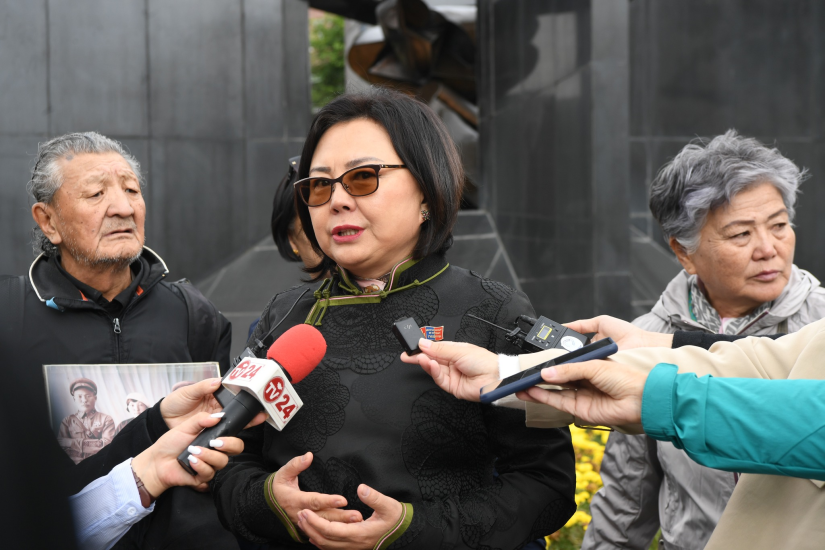
SCR is developing cooperation with Jeju 4.3 Peace Foundation from Jeju, Republic of Korea and delegates from the Foundation have come to Mongolia to exchange experiences. The documents of Gwangju Uprising were listed on the historical archives of those who were repressed during the 1980 Gwangju Uprising to the UNESCO Memory of the World Register.
“The dark history of the massacre during the Jeju uprising is similar to ours, where 14,000 people were executed out of a total of 30,000 people. An exhibition about this history is opening at the National History Museum of Mongolia. Such repression occurs in countries due to wrong decisions of governments. It is important for the state to rehabilitate the repressed and ask for forgiveness and give their offspring the opportunity to honor the victims’ memory” said Deputy Speaker Odontuya. The exhibition “History of South Korea, Jeju 4.3" will be open at the National Museum of Mongolia until October 10,2023.
According to the State Commission on
Rehabilitation, since Mongolia
adopted a law on the rehabilitation of victims of political
repression and compensations to them in 1998, a total of 31,595 victims
of political repression have been rehabilitated. Total of MNT 109.7 billion
were granted as compensation to 20075 citizens, including grandchildren,
siblings, nephews and nieces of the repressed.
There are more than 200 objects on the national level dedicated to the memory of the victims of political repression, including, 79 monuments, 47 stupas, 29 boards and 27 memorial pillars as well as 31 organizations, avenues, squares, which were named after the victims.
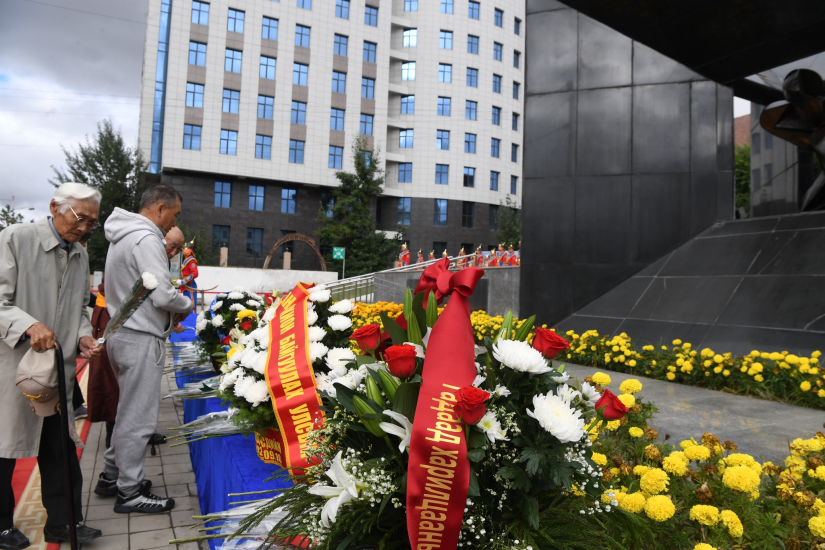
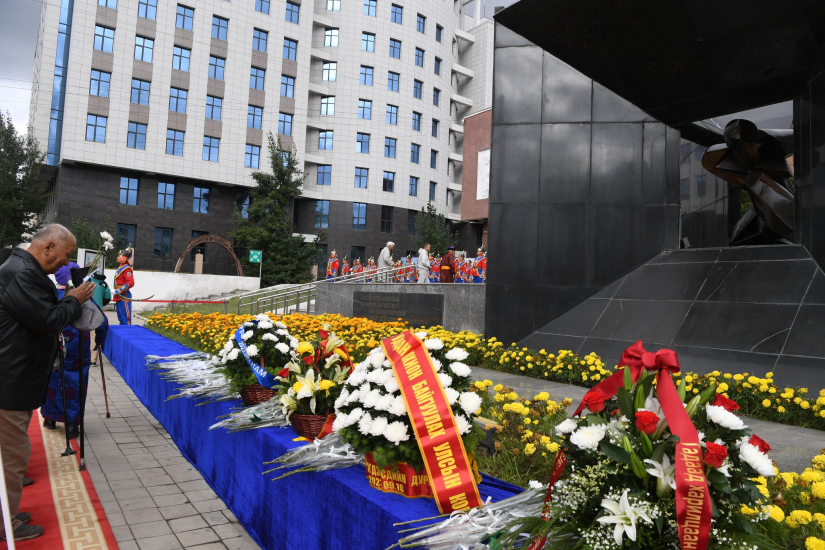
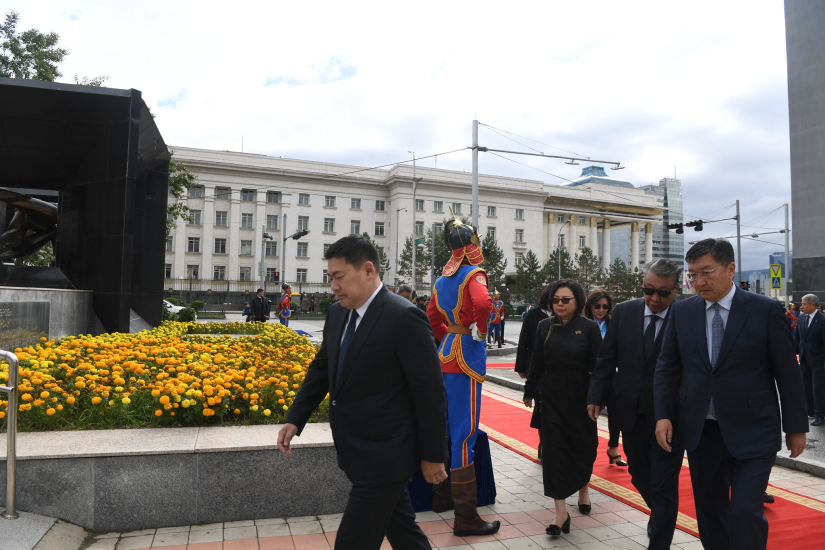


 Ulaanbaatar
Ulaanbaatar





